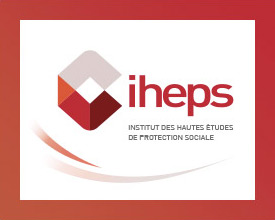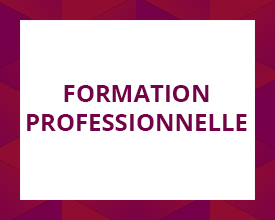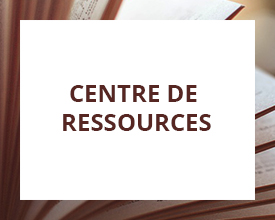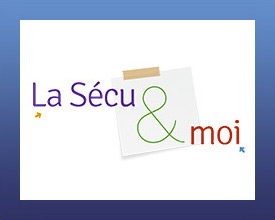20 March 2020
The agricultural regime in 2019: meeting with François-Emmanuel Blanc, head of CCMSA
Recently appointed to the general management of CCMSA, François-Emmanuel Blanc has agreed to come back to the current situation of the agricultural regime for us. In particular, he presents the major projects of 2019 and the collaboration between EN3S and the agricultural regime.
You have just arrived at the head of MSA, what are the major projects and projects that await you in the coming months?
First of all, of course, to ensure the implementation of reforms affecting social protection as a whole: withholding tax; DSN on recovery; contemporaneity of housing allowances on the family branch; preparation of pension reform; implementation of the transformation of the health system. Managing retirement, family, health and recovery logically gives us an extremely busy agenda at a time of intense government reform.
In addition to extreme vigilance on these projects already underway, it is of course the establishment of contact with all the caisses and elected officials; it is the contribution to our strategic plan for 2025 entitled “MSA 2025”, whose consultation process is scheduled to be completed at our General Assembly in June. It is also already the preparation of our elections, which will give rise to intense institutional communication and the consolidation of our role as a public service actor, a reference in social protection for the territories, in cooperation with all branches of the general system.
MSA has made digital technology an important focus in the organisation of its activity, in particular with the deployment of the portal mesdroitssociaux.gouv.fr and more generally in the service offer offered to your users. How can digital technology be a solution to maintain a service link with rural populations?
Digital is nowadays essential and it is an essential “plus” service. We are very much in favour of it, but for us, digitisation must not mean dehumanisation. The service link with rural populations also involves maintaining a direct physical presence, through our reception centres, but also through the development of project engineering capacity: support for CPTS projects and support for city/local hospital links, support for territorial contracts for children and families; prevention for elderly people; occupational injury prevention and medicine; additional service provision: integration, micro-nurseries, MARPA, MEP, home help, “Présence Verte”, MSAP.
We often talk about the digital divide, is it a reality in the rural world?
Yes, of course. In two respects: first of all, the digital social divide. We have our part to play and we are fighting through inclusion initiatives. Secondly, the territorial fracture, due to the white areas. We naturally call for the continued implementation of the new communication infrastructures essential to the territories.
Through its training courses, EN3S provides senior managers in the social protection sector with access to a space for inter-regime and inter-divisional exchanges. MSA has the particularity of being a “one-stop shop” within the Social Security universe. In what way are transversality and decompartmentalization necessary today for the institution’s professionals?
If you talk about exchanges of practices between professionals and leaders from different contexts within social protection, but also within public administration and private services, we all know that these exchanges are extremely fruitful. Benchmarking is a valuable tool for enriching our practices: in this sense, exchanges with other social protection sectors are an accelerator of change.
With regard to our model, transversality and decompartmentalization are more than essential, they are embedded in the genes of MSA.
The global service to people throughout their lives, which is an attribute of the single desk, makes us the permanent partner of our members. In terms of social protection, too, since the whole (the global service) is more than the sum of its parts (the pension service, the family service, the health service, the recovery service), we help to create a specific identity. That of a reference public service for the rural world, a tool and manufacturer of the social and territorial cohesion that our society so badly needs.
Finally, transversality and decompartmentalization are essential for our managers at the managerial level: managing the multiple interfaces of an MSA (takeover bid, elected officials, representatives of the State and public policies) requires 360-degree, systemic, agile and cooperative management.
EN3S has a privileged relationship with MSA in the professional training of its managers and executives. What does this collaboration bring to MSA network?
First of all, a quality training! I was able to appreciate the high level of it in all my professional experiences: on the state side as well as on the private side. The level of excellence EN3S confers allows us in MSA to benefit from successive generations of high-performing senior executives who are totally at ease with our values.
We can only welcome this and aware of this opportunity, we deploy for our breeding ground a personalized support with opportunities and experiences very stimulating, mobilizing and equal to their desires and potentials.
How do you imagine the evolution of this relationship?
First of all, to continue to ensure, through our active presence in the various bodies of EN3S, that the characteristic values that are necessary for our network are maintained. Secondly, to strengthen our contribution from the field through training and mentoring courses. Increase the opportunities we offer. Finally, more work with the other branches to maintain our respective pools and promote mobility between them!





